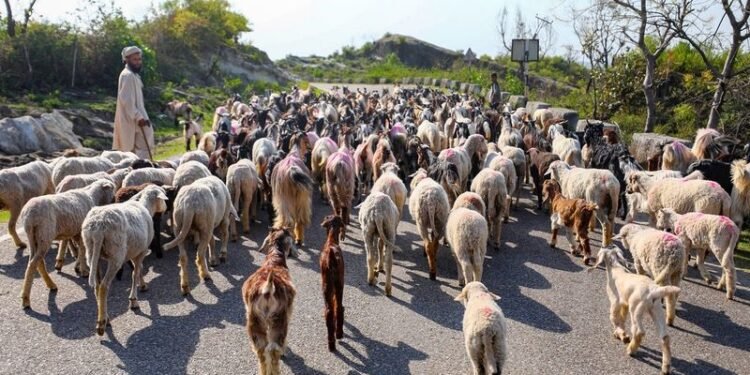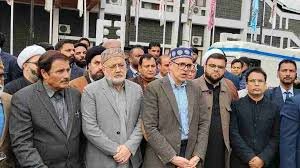JAMMU, July 28, 2025: Intelligence agencies have expressed concern over growing resentment within the nomadic Gujjar community in Jammu and Kashmir following a series of alleged extra-judicial killings, warning that it may weaken crucial human intelligence networks in the region’s remote and mountainous areas.
Nomadic Gujjars and Bakerwals have long played a vital role as informants for the Army and police, especially during their seasonal migrations through forested and high-altitude areas. Their close proximity to difficult terrains often places them in positions to observe and report movements of militants—a contribution that has proved instrumental in multiple counter-terror operations across Rajouri, Poonch, Doda, and Kishtwar.
However, officials fear a growing trust deficit due to a spate of violent incidents involving members of the community. The most recent case involved Mohammad Parvez, a 21-year-old Gujjar youth, who died in police firing during an alleged chase of drug peddlers. While police said he was caught in crossfire, his family claimed he was innocent and staged protests. Following public outcry, two policemen were suspended and a magisterial probe was launched.
A source in Army intelligence said the fallout from such incidents is already being felt.
“Security forces rely on Gujjars for vital inputs in terrain where permanent deployment isn’t feasible. But repeated allegations of torture and extra-judicial killings have led to a noticeable decline in information flow from these areas. Rebuilding trust is now an urgent priority.”
One of the most disturbing episodes was the December 2023 killing of three Gujjar youths—Shabir Ahmed, Safeer Hussain, and Mohammad Showket—in Poonch, allegedly in Army custody. They were detained after a terror ambush killed four soldiers in the area. Reports of torture and a viral video sparked public outrage, forcing the Army to order a probe and transfer senior officers from the region.
In Kathua, a 25-year-old Gujjar man accused of militancy reportedly died by suicide earlier this year, allegedly after police torture. Separate investigations were ordered by both police and district administration.
Despite efforts such as medical camps and community outreach programs offering essentials like solar lights in remote areas, recent incidents have strained long-standing cooperation between the community and security forces.
The 2018 rape and murder of a minor Gujjar girl in Rasana, Kathua, remains another flashpoint. The case, which took on communal overtones after political interference, left a lingering impact on community relations in the Jammu region.
Security agencies are now stepping up human intelligence efforts amid a renewed wave of terrorist activity. But experts believe success in counter-terrorism depends on re-establishing trust with communities like the Gujjars who have historically played a key role in maintaining local intelligence channels.



















